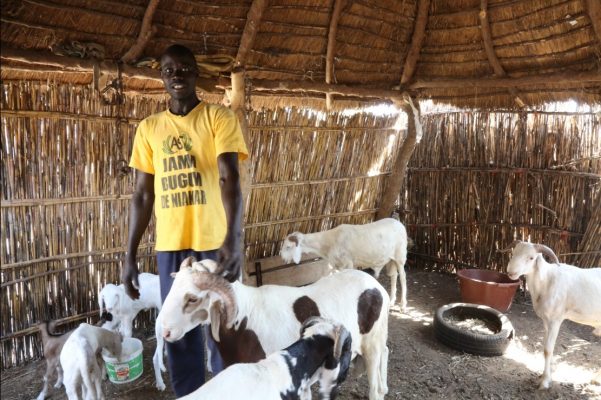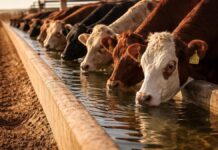About 150,000 rural young people in Senegal – 50 per cent of them women – will benefit from a new US$93.3 million project that aims to create income and decent sustainable jobs in agricultural, pastoral and fishery value chains through entrepreneurship development.
The financing agreement for the Rural Youth Agripreneur Support Project (Agrijeunes Tekki Ndawñi) was signed by correspondence by Gilbert F. Houngbo, President of the International Fund for Agricultural Development (IFAD), and Amadou Hott, Minister of Economy, Planning and Cooperation of the Republic of Senegal, on Monday 16 September in Dakar.
Project financing includes a $51.9 million loan from IFAD. The project will be cofinanced by the African Development Bank ($10.7 million), the Government of Senegal ($7.2 million) and the beneficiaries themselves ($5.9 million). A financing gap of $17.5 million will be covered by future partnerships to be developed with other institutions involved in youth agriculture.
In Senegal, the youth employment rate is low, and every year 160,000 young Senegalese enter in the job market. Furthermore, rural underemployment is particularly high (31 per cent) and contributes to migration and rural exodus.
Agrijeunes Tekki Ndawñi aims at changing this situation by targeting rural youth aged 15-35 – including young people with disabilities – who are excluded from the wealth creation process due to a lack of productive and innovative jobs in the agro-sylvo-pastoral and fishery sectors.
The new project will lift the barriers that keep young people for becoming agripreneurs. Those barriers include lack of production tools, land, information, access to markets and financial services. It will enable rural young people to become modern agripreneurs with viable businesses and sustainable incomes.
Agrijeunes Tekki Ndawñi will train young people to acquire the capacity to sustainably manage their activities: crops, livestock and fish production, processing and marketing. It will help them transform family farms into modern, market-oriented enterprises.
The project will be implemented in four agroecological zones of the country: the Niayes region, the Groundnut Basin, the Sylvopostoral zone and Middle Casamance, while promoting knowledge about good nutritional practices.
Since 1979, IFAD has financed 19 rural development programmes and projects in Senegal at a total cost of $865.5 million, with an IFAD investment of $361.2 million. These projects and programmes have directly benefited 544,643 rural households.








